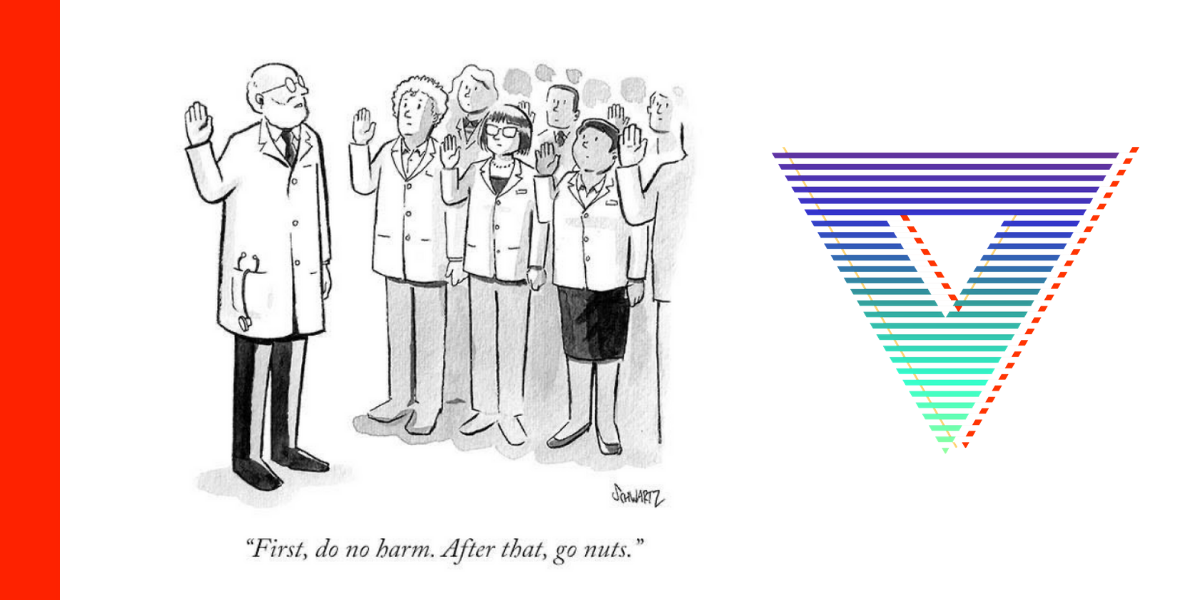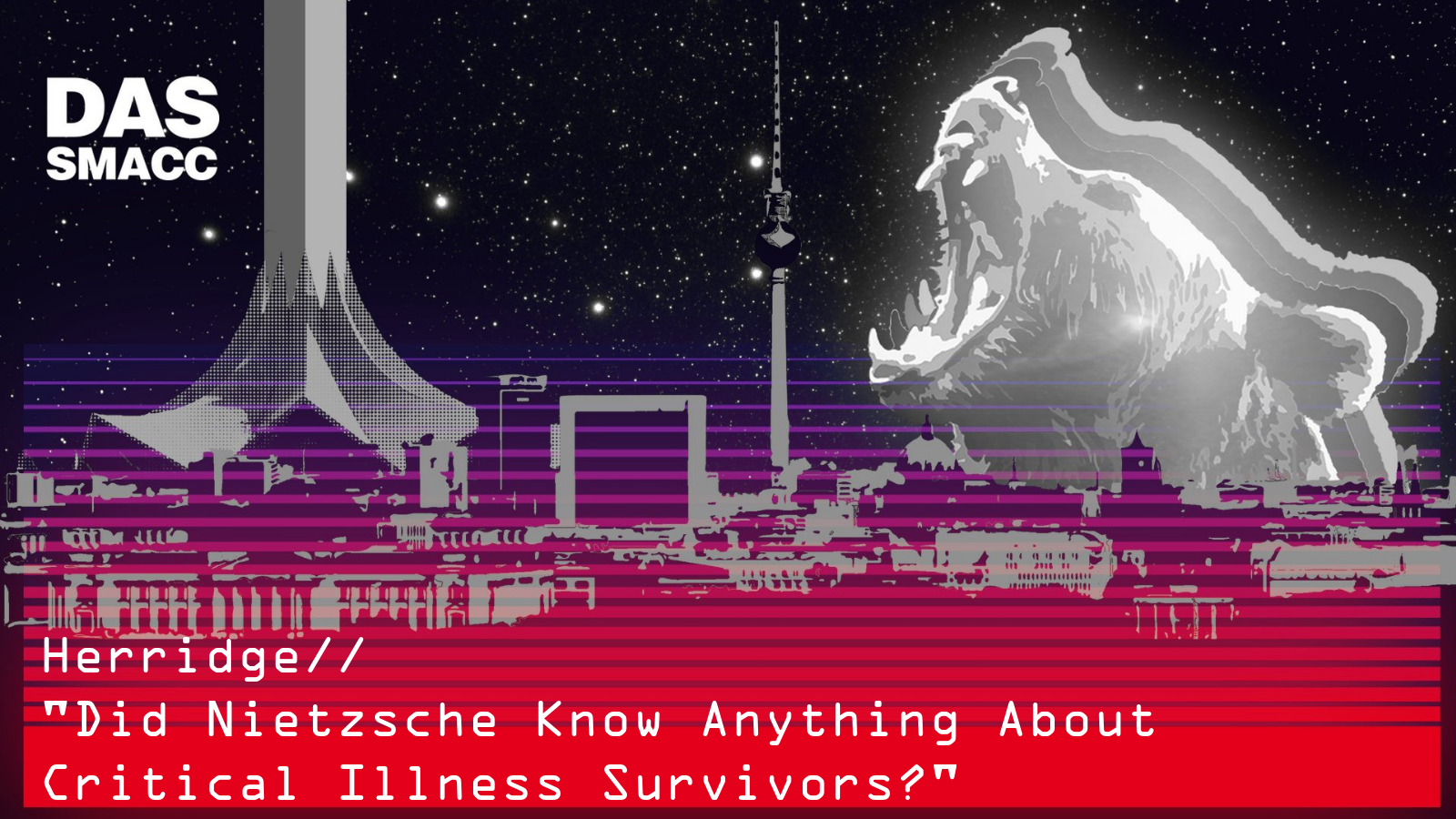Dr Ashley Shreves discuses palliative care and critical illness.
She begins by talking about a case she feels she mishandled during the initial days of her career.
How she was unprepared to handle an end-of-life case efficiently. She goes on to enumerate the multiple specific challenges, a knowledge of which would have helped her handle the case more competently.
First –
One must identify the dying trajectory i.e., use the background information to check the viability of the patient.
Second –
Undertake a capacity assessment of the patient to ensure how much of the current situation they understand.
Third –
Check for advance directives where a patient has already given instructions regarding their end-of-life care.
Communicating to the relatives and/or the patient regarding the imminent death is another challenge in end-of-life care. Proper communication regarding the withholding or withdrawal of life sustaining treatment (LST) to the patient is also very important.
Another crucial aspect is knowing the right treatment regimens for end-of-life (EOL) symptom management. Spiritual competency of doctors is essential as it helps to provide necessary spiritual assistance to people in their last moments.
An ethical framework to guide the doctors through the management of EOL cases is crucial for a favourable outcome. Systems of care that help doctors to take care of EOL patients is necessary.
Ashley discusses various studies which show that many patients requiring end-of-life care end up dying in hospitals and the relatives and patients feel neglected most of the time. She feels that this is due to a shockingly low availability of palliative care department and workers.
The solution, she feels, is to equip the Emergency Department doctors with the basic skill set to deal with the common end-of-life problems by doing Fellowship Training in palliative care.
She suggests various courses like EPEC for Emergency Medicine, Palliative Care Education and Practice (PCEP) by Harvard University, online courses by University of Colorado, VitalTalk courses and information available on the Palliative Care Network of Wisconsin website.
She believes that a basic palliative care knowledge is essential for all Emergency Department doctors as all end-of-life patients should be given the best possible care in the short amount of time they have left.
Palliative Care and Critical Illness.
For more like this, head to our podcast page. #CodaPodcast
Ashley Shreves
Ashley is a full time clinician who does both emergency medicine and palliative care. When she is not working, she is chasing around two crazy, adorable little boys who call her mum.





